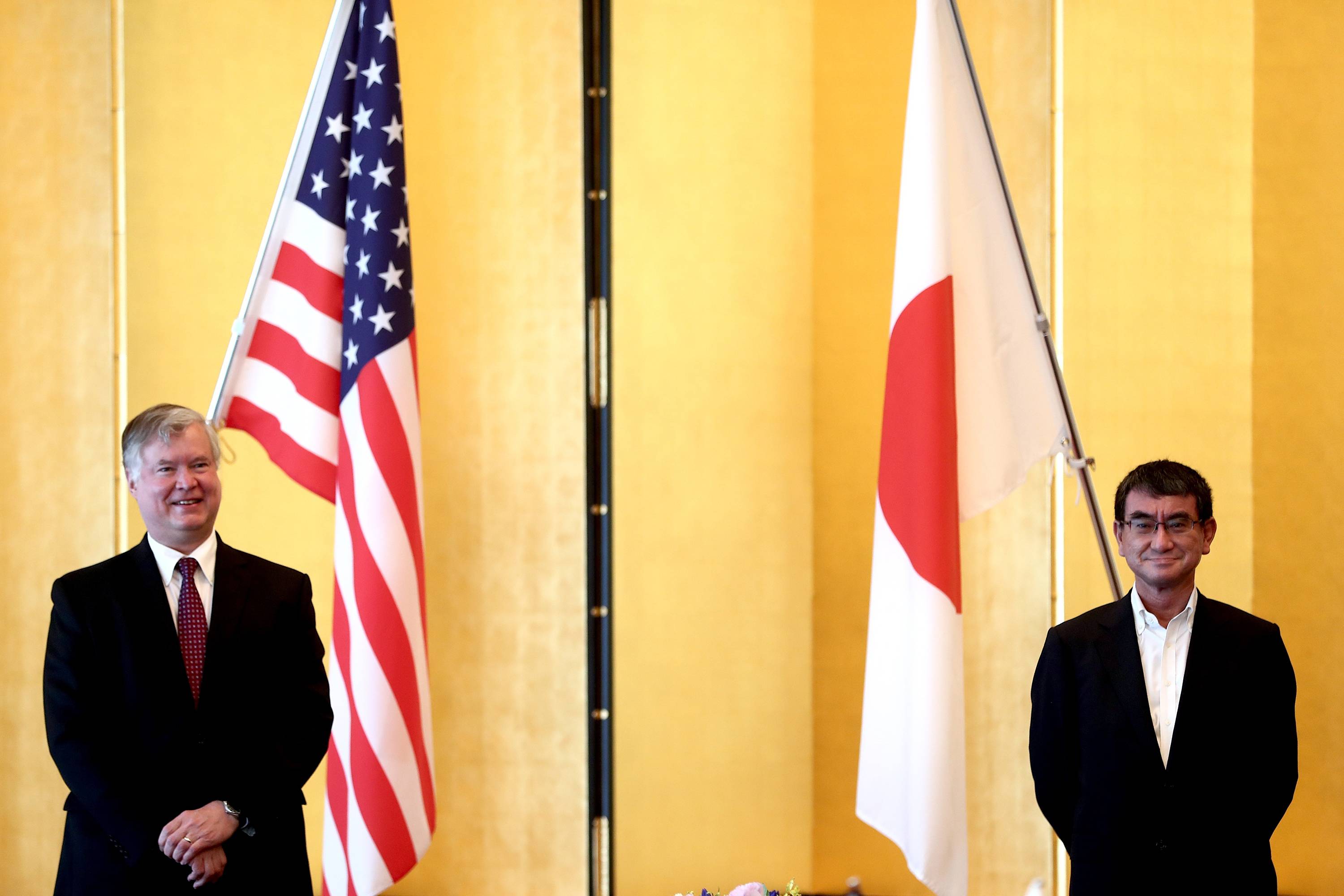On June 24, the National Security Council decided to cancel the planned deployment of Aegis Ashore. Just several days after Prime Minister Shinzo Abe announced the suspension of the plan on June 18, the NSC’s decision made it official: Japan will not move forward with acquisition of the land-based missile defense system.
The decision will trigger the process of revising three key documents for Japan’s national security policy: the National Security Strategy, the National Defense Program Guidelines and the Mid-Term Defense Program. In particular, the revision of the National Defense Program Guidelines and the Mid-Term Defense Plan will be critical, as these key defense policy planning documents, once revised, will lay out Japan’s alternative plan for missile defense.
Already an effort has been launched by the ruling Liberal Democratic Party’s Research Committee on National Security, which is chaired by former Defense Minister Itsunori Onodera and includes several other former defense chiefs such as Gen Nakatani and Shigeru Ishiba. Their deliberation, which is anticipated to be completed by September so their recommendation can be incorporated into the fiscal 2021 defense budget request, will greatly influence the revision of the three documents.



















With your current subscription plan you can comment on stories. However, before writing your first comment, please create a display name in the Profile section of your subscriber account page.